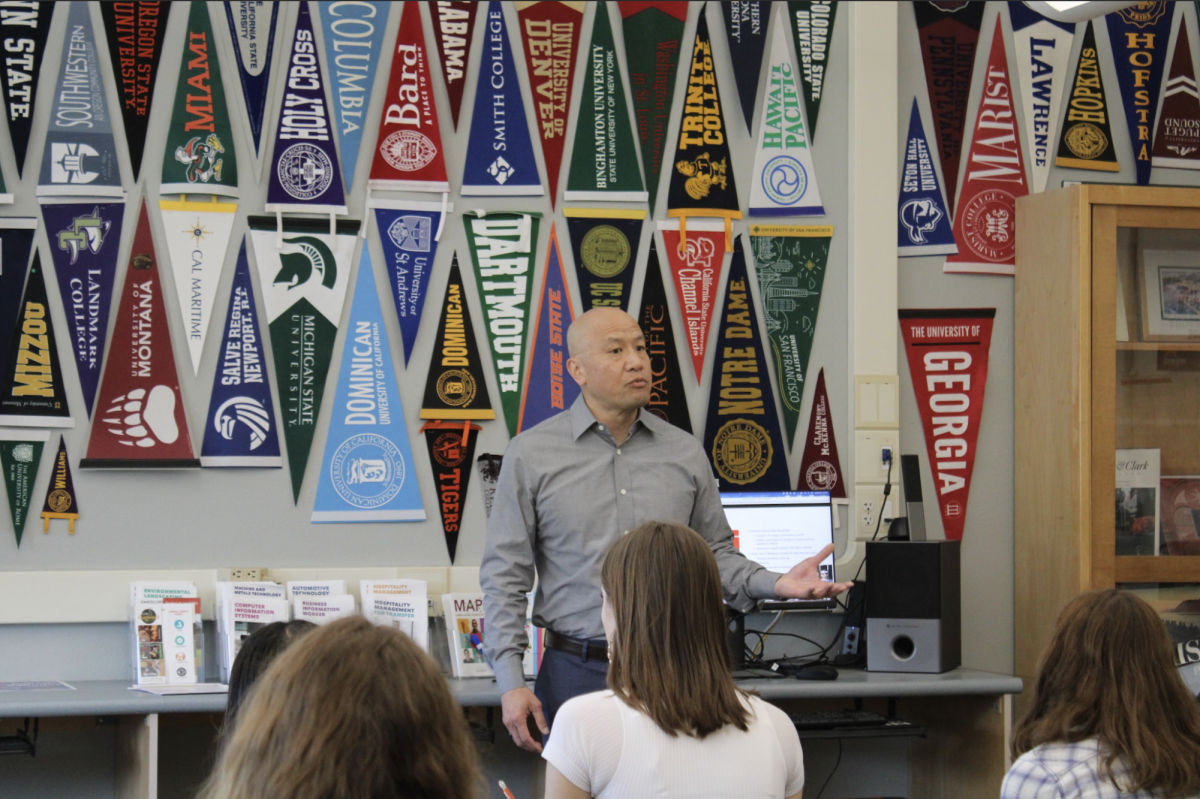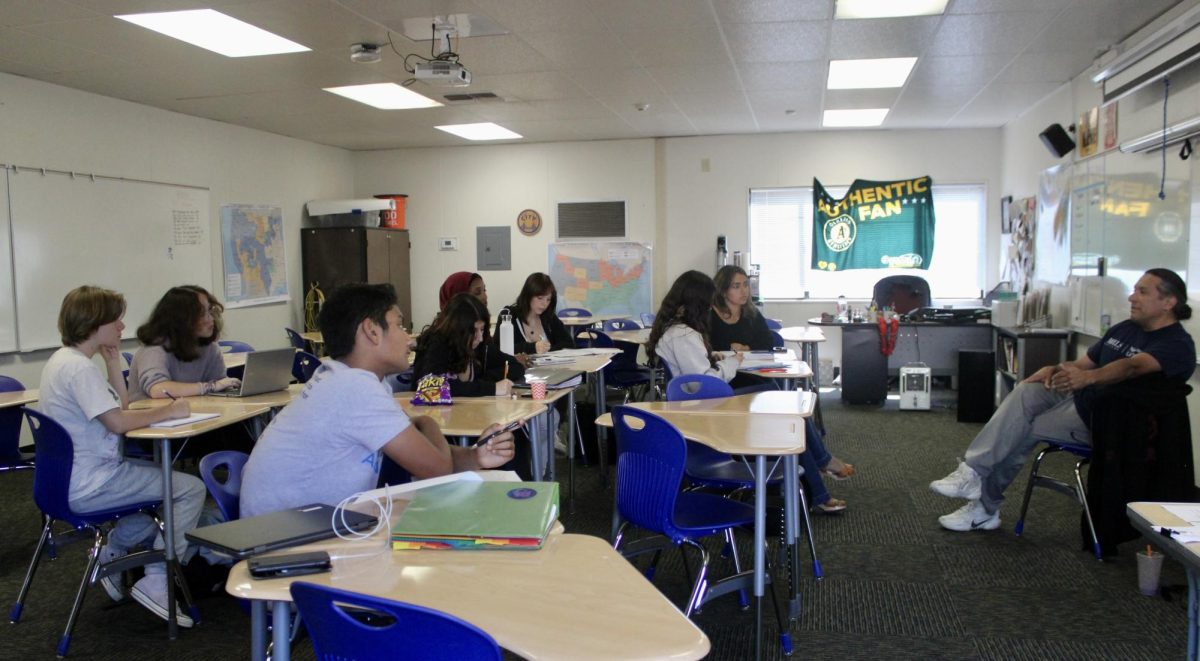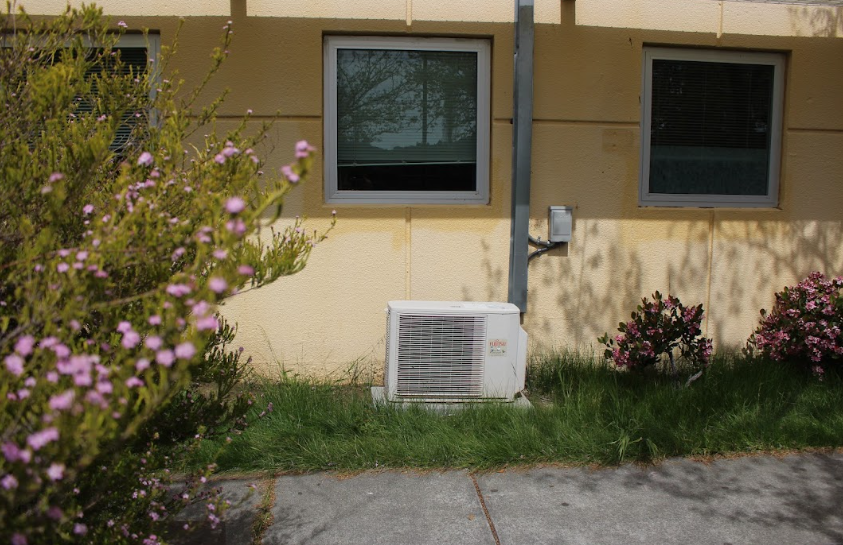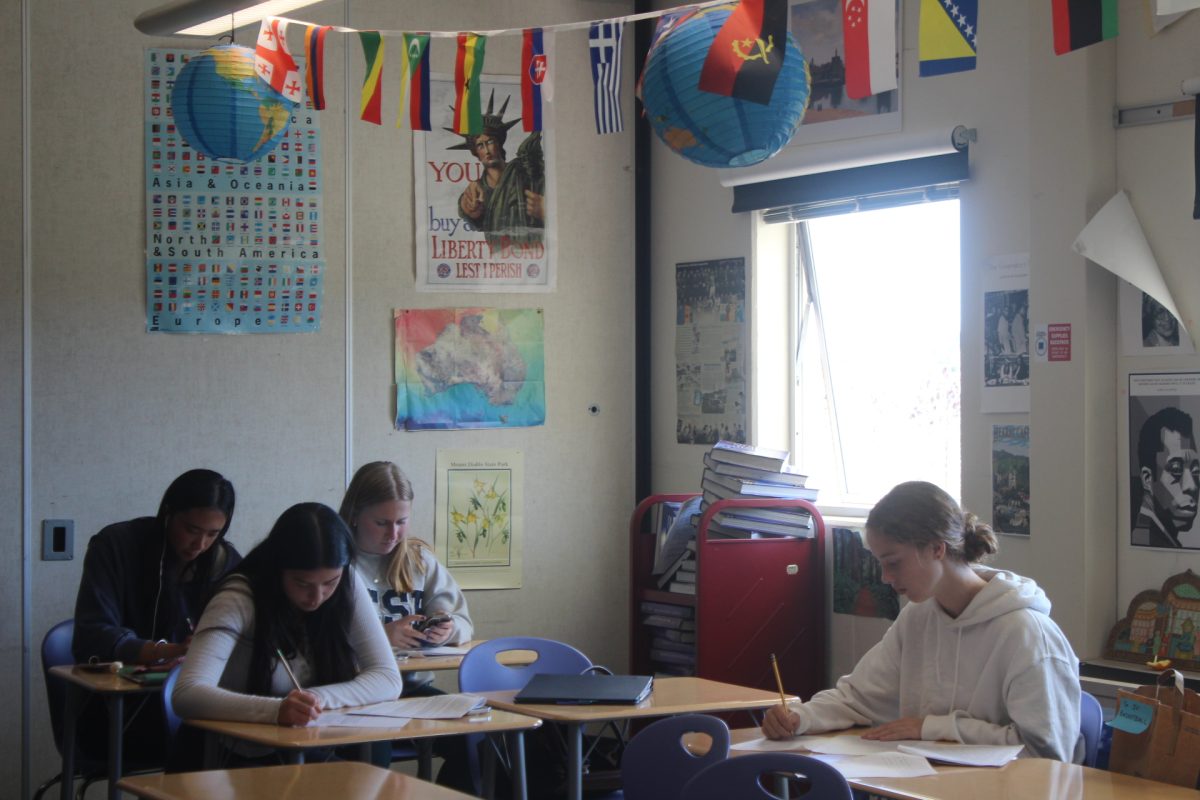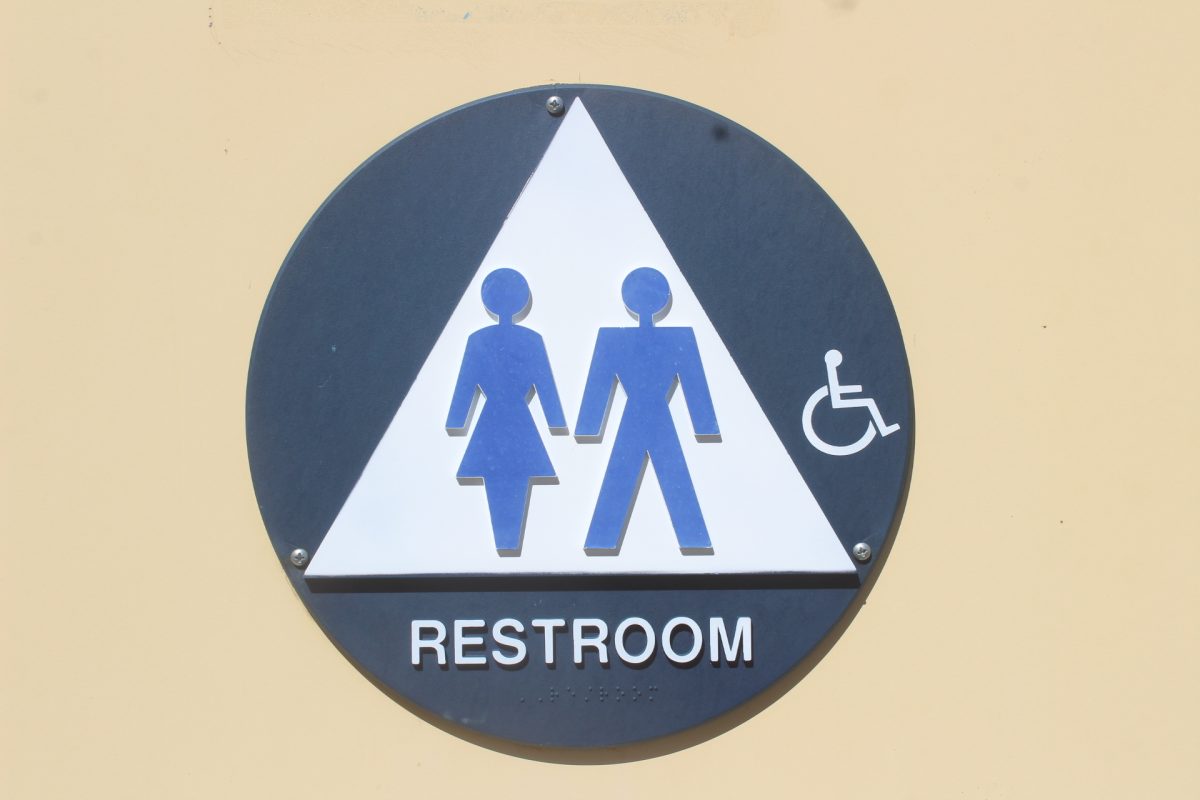
A new state law implemented earlier this month allows undocumented immigrants to receive driver’s licenses.
California’s Assembly Bill 60, commonly referred to as “AB 60,” which took effect on Jan. 1, allows undocumented immigrants to obtain specialized driver’s licenses. The law comes as a relief to many undocumented immigrants residing in the state who, until now, have had to either violate the law by driving without a license or find other means of transportation.
California is the tenth state to allow undocumented immigrants to obtain driver’s licenses. In order to apply for a license under this program, one must follow many of the typical procedures at the Department of Motor Vehicles.
The most significant difference is the license itself; if one cannot prove they are in California legally, the license will have a special marking on it because of a federal requirement, according to Martin Steinman, who manages the English as a Second Language (ESL) program at Canal Alliance in San Rafael.
Canal Alliance provides a variety of resources to low-income, Spanish-speaking immigrants in the area. Just recently, the Canal Alliance has begun offering workshops for undocumented immigrants to learn about the process of getting a license, as well as preparation for driving tests at the DMV.
“California, the biggest state, home to the most immigrants, is where [a law like AB 60 in another state] is going to have the biggest impact,” Steinman said.
Critics of the law argue that undocumented immigrants should not be afforded a “privilege” like driving, according to Steinman. Advocates like Steinman, however, support the law for its public safety benefits.
“People are driving anyhow,” he said. “A lot of police have been in favor of it because they say, ‘People are already driving, we might as well make sure they pass a test and know the rules of the road.’”
Steinman said that it can be very difficult for undocumented families to perform daily tasks without personal transportation at their disposal.
“People have been driving because it’s hard to get around without a car. It’s hard to work without a car, it’s hard to take care of your kids without a car because your kids need to go to school, your kids need to go to the doctor, and your kids need to go to soccer practice,” Steinman said.
But some undocumented immigrants have not driven cars because they were wary of the risks. Steinman said this law will encourage these people to apply for a driver’s license.
“Of course this will embolden more people to drive who maybe before just didn’t want to take the risk and would just take the bus instead. So more people will drive,” Steinman said.
Although many people were worried about being pulled over by the police, Steinman said based on what he has seen, undocumented immigrants who drove were rarely deported.
“In terms of immigration consequences, people are, of course, afraid of being deported. But generally, they have not arrested people for driving offenses,” he said. “If you’re not arrested you’re not going to be brought in for immigration.”
However, being pulled over by a police officer could have other serious and costly repercussions.
“[Undocumented immigrants] are constantly in fear of being stopped by the police. [Being stopped for a minor driving infraction] could turn into thousands of dollars of fines and the loss of their car,” Steinman said.
Steinman said that the implementation of AB 60 will have a practical effect on people’s lives.
“It will allow more people to work successfully. They’ll be more mobile and more able to get jobs,” he said. “And it will help people of course move their kids around.”
“Cindy,” an undocumented senior who asked to remain anonymous, said that her family felt a new sense of hope after hearing the news.
“It was a moment of victory for our family. We’ve been living here for over a decade now, and things are finally starting to turn our way,” Cindy said.
Cindy said that her parents were more affected by this law than anyone else in her family.
“Even before this new law was put in place, I was already entitled to get my license because of DACA [Deferred Action for Childhood Arrivals], but the news was still a big deal for my family because DACA didn’t apply to my parents,” Cindy said. “It’s great news because now my parents don’t have to drive around with the fear of getting pulled over.”
DACA is a federal program that allows undocumented immigrants under the age of 31 to receive their license and work permit as of June 15, 2012.
Before the law was established, Cindy’s parents would use driver’s licenses from the state of Washington, despite residing in California. At that time, Washington was one of a few states that allowed people to obtain a driver’s license regardless of immigration status.
“They went to go take the test up in Washington because we have family friends there and getting a license in Washington was easier than getting a license in California,” Cindy said. “It’s not legal, but they would use their Washington licenses and whenever they would get pulled over here, they would say that they were just visiting.”
According to Steinman, many undocumented immigrants traveled to neighboring states, such as Washington, to get a license. But Cindy said that showing their Washington licenses weren’t always effective on police officers.
“We have gotten pulled over, and sometimes the officer will just tell us to drive safely and give us a warning, but other times they are more picky and will go into our background and realize that we live in California instead of Washington,” Cindy said.
Her family’s worst interaction with the police happened when she was 11 years old, just prior to a trip to Washington to renew her parents’ license
Cindy’s mother’s car and Washington state license was confiscated after she was pulled over for driving alone in the carpool lane, and she received a ticket for the violation from the police officer.
“My dad had to go claim the car and say that he had come down from Washington to get it,” Cindy said. “He had to be very careful about what he said and how he said it. There was a lot that we wanted to do, but couldn’t do with this situation in fear of getting arrested and deported.”
Like Cindy, “John,” a senior who asked to remain anonymous, is also an undocumented immigrant. He was born in Central America, along with his older sister. John’s father is the only one in his family who has a license, but John’s mother drives regularly nonetheless.
Both John and his sister drive infrequently. Everyone but John’s younger brother are undocumented because he was the only one born in the United States.
John said that many undocumented parents do not allow their children to drive because of the prospect of losing the family’s car, among other problems.
His mother plans to use AB 60 to obtain a driver’s license, but his sister plans to get a license through DACA. Because John’s mother already drives, John does not think the law will impact his daily schedule, though he recognizes that it would make driving more safe.
“[My mother] would be more secure, she would drive more, she wouldn’t be scared or have the risk that she could get the car taken away,” he said.







